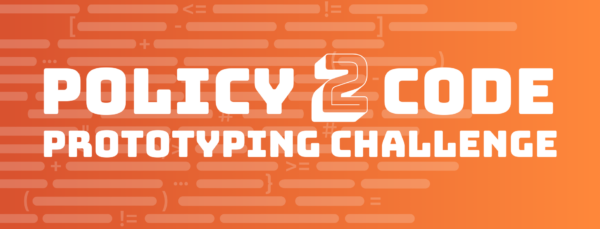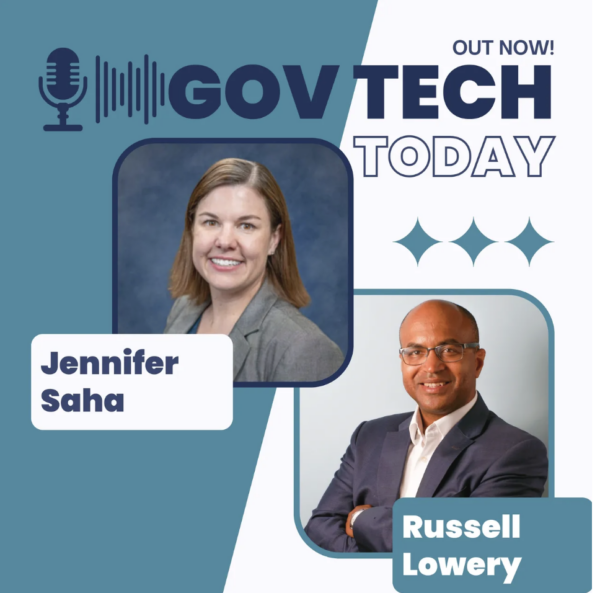As the world of artificial intelligence(AI) continues to expand, we saw several instances of government leadership prioritizing funding, regulatory frameworks, and emerging technology pilots this week.
$32 Billion Funding Proposal
U.S. Senate Majority Leader Charles E. Schumer and his AI working group have endorsed an independent commission’s recommendation for the federal government to allocate at least $32 billion annually to non-defense AI systems. Initially put forth by the National Security Commission on Artificial Intelligence, the proposal is supported by a bipartisan group including Senators Martin Heinrich, Todd Young, and Mike Rounds. Alongside the funding proposal, the group released a road map for AI development, addressing privacy, data security, and emergency appropriations for research agencies. While Schumer aims to collaborate with House Speaker Mike Johnson, the plan has faced criticism for prioritizing innovation over addressing discrimination and civil rights concerns.
Indiana Implements AI to Support Job Opportunities
The Indiana Department of Workforce Development (DWD) has launched Pivot, an AI-powered tool designed to assist job seekers in identifying personalized career paths with precision. Developed by Resultant and introduced last November, Pivot uses wage record data to help users visualize current and future job opportunities. The AI capabilities of Pivot enable it to project sector-specific job demands and align job seekers’ skills with relevant training programs. DWD plans to expand Pivot’s functionality this fall to include recommendations on training providers and eventually make it accessible beyond the unemployment insurance system.
Biden Administration Releases AI Principles to Protect Workers
Following last year’s AI executive order, the Biden administration has introduced a set of principles to guide the interaction between workers and artificial intelligence (AI). These principles emphasize responsible use of workers’ data, upskilling support, and AI deployment transparency. Although voluntary, these guidelines reflect a commitment to enhancing work quality and life for all workers. Acting Labor Secretary Julie Su highlighted the administration’s dedication to ensuring technology serves people first. Companies like Microsoft and Indeed have already agreed to these principles, with the administration seeking further commitments from other tech firms. A new list of best practices is expected from the Labor Department soon.









